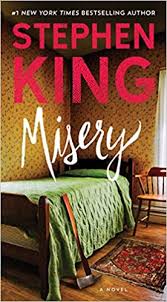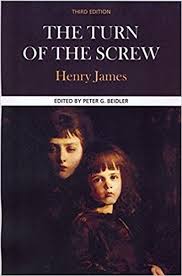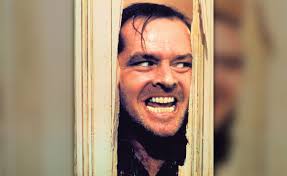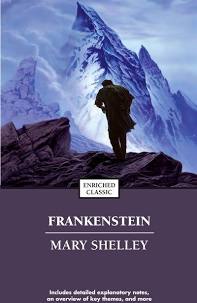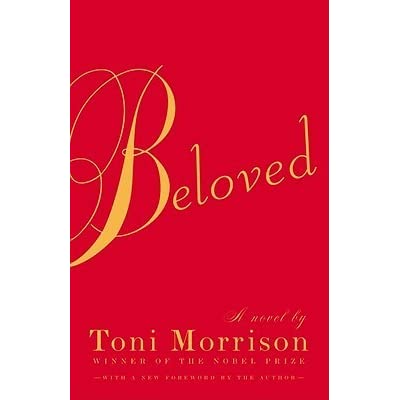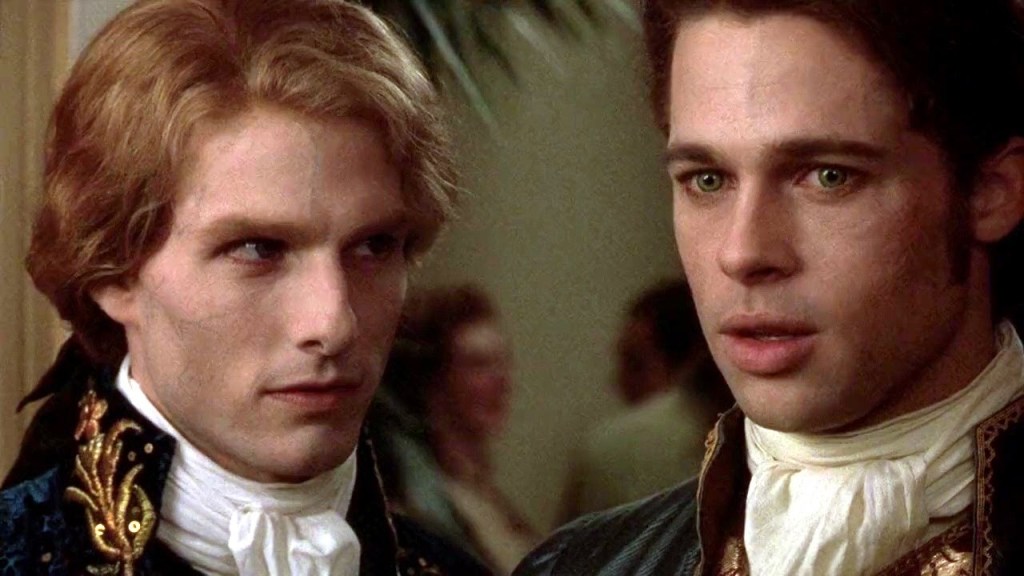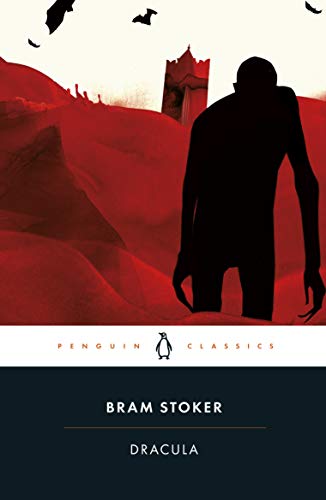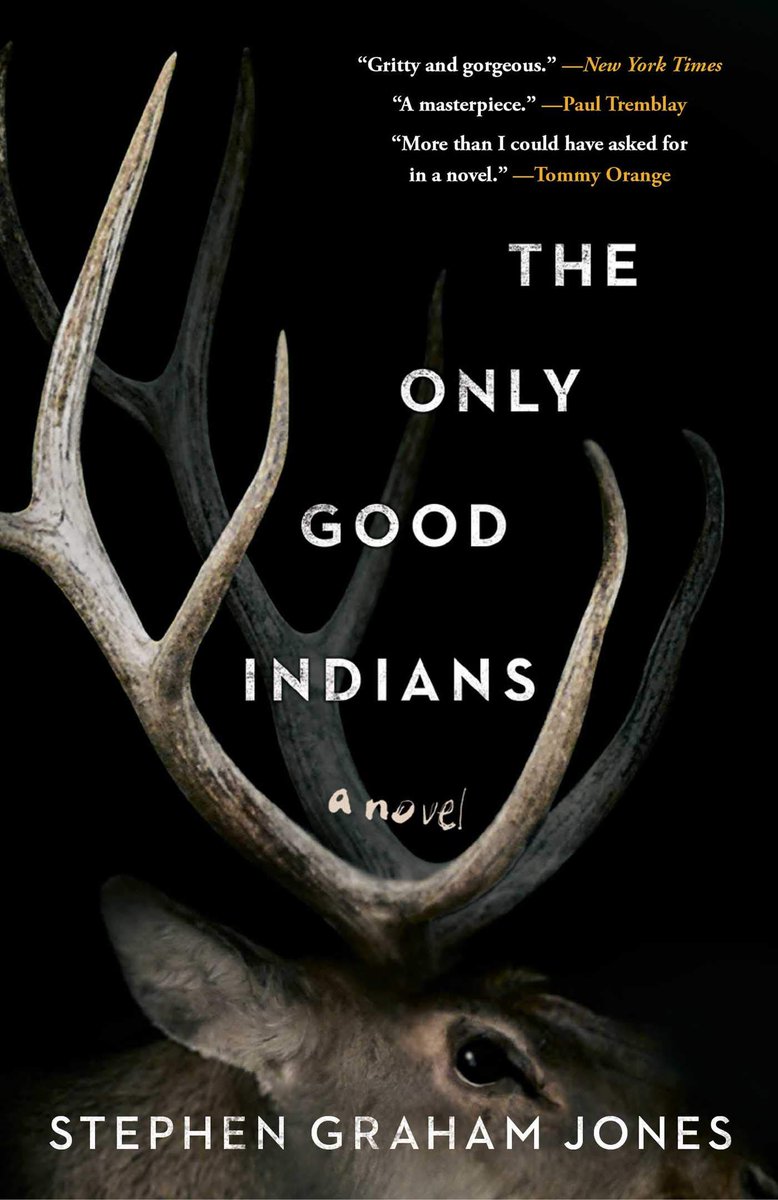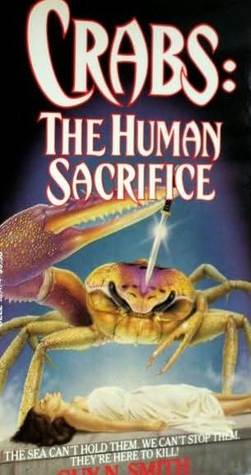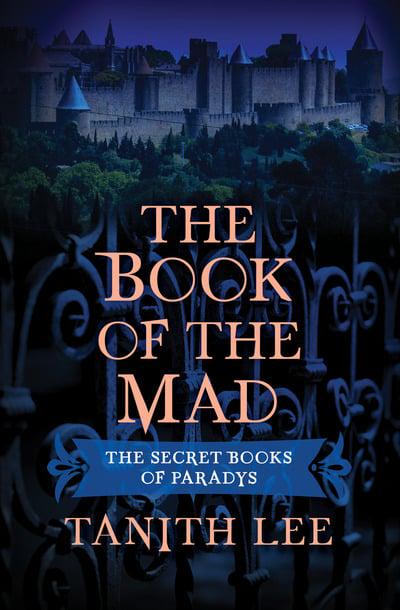So the label & #39;horror& #39; for books or movies doesn& #39;t mean that every book is supposed to give you a heart attack, just like not every & #39;romance& #39; makes your heart thump. It refers, like everything, to history and aesthetic. Misery, Slugs & The Turn of the Screw are & #39;horror& #39; but--
they& #39;re vastly different. People who tend to frown and ask me & #39;why do you read/write horror& #39; tend to do it because they think horror is only this:
There& #39;s nothing wrong with The Shining, either the movie or the book, but The Shining is not emblematic of the many variations of horror. Horror is also this:
And you can make a very good argument that this is also horror. It certainly is a ghost story and a Gothic novel (though not all Gothic novels are horror and vice versa).
These books are & #39;horror& #39; because, like I said, they share a history and an aesthetic. Beloved is a cousin of The Turn of the Screw. The & #39;nature gone mad because of humans& #39; horror sub-genre shares genetic material with Shelley.
Are all these books trying to & #39;scare& #39; you or give you a heart attack? Certainly not. Interview With the Vampires is pretty low on & #39;scares,& #39; for example.
Ok, but then what *is* horror. It& #39;s a huge category with many branches, like any evolutionary tree.
Ok, but then why write *horror* instead of, say, something more respectable, such as a thriller?
Ok, but then why write *horror* instead of, say, something more respectable, such as a thriller?
Well, once upon when horror was a big, important category thrillers with elements such as serial killers *were* shelved under horror and V.C. Andrews for years appeared next to Stephen King though there is nothing & #39;scary& #39; about Flowers in the Attic (worrisome, perhaps).
And respectable horror fare such as Dracula is shelved under & #39;classics.& #39; So there& #39;s some malleability here.
So now we& #39;re getting to the answer of why write horror? Remember in the beginning when I said horror has a history and aesthetic. Well... that& #39;s why. You can straight up tell a story of Indigenous history and pain in a realistic way. But you can also write The Only Good Indians.
Horror has, like any other genre, a mountain of tools that you can use to build a house. It can be highly sophisticated and use extremely ornate language (Tanith Lee) or it can be pulpy (the Crabs series, which is a bit adorable).

 Read on Twitter
Read on Twitter